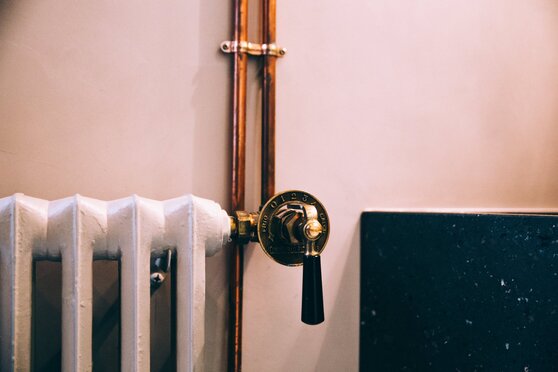 https://energyking.be/wp-content/uploads/2021/12/rsz_1rsz_1vintage-heater-with-handle.jpg
372
558
Olivier Delgado
https://energyking.be/wp-content/uploads/2024/04/energyking-s.jpg
Olivier Delgado2021-12-31 14:49:392024-05-28 13:35:16Flemish government approves Heat Plan 2025.
https://energyking.be/wp-content/uploads/2021/12/rsz_1rsz_1vintage-heater-with-handle.jpg
372
558
Olivier Delgado
https://energyking.be/wp-content/uploads/2024/04/energyking-s.jpg
Olivier Delgado2021-12-31 14:49:392024-05-28 13:35:16Flemish government approves Heat Plan 2025.What do I need to know about heat pumps?
A PRACTICAL GUIDE TO INFORM YOU ABOUT HEAT PUMPS
You've probably heard talk of heat pumps on the radio, television or by people close to you. What exactly are heat pumps and what can they do for you? You would like to know more about it but don't know where to start.
HOW DOES A HEAT PUMP WORK?
The operation of a heat pump is very simple. A heat pump extracts heat from a heat source and pumps it into your home.
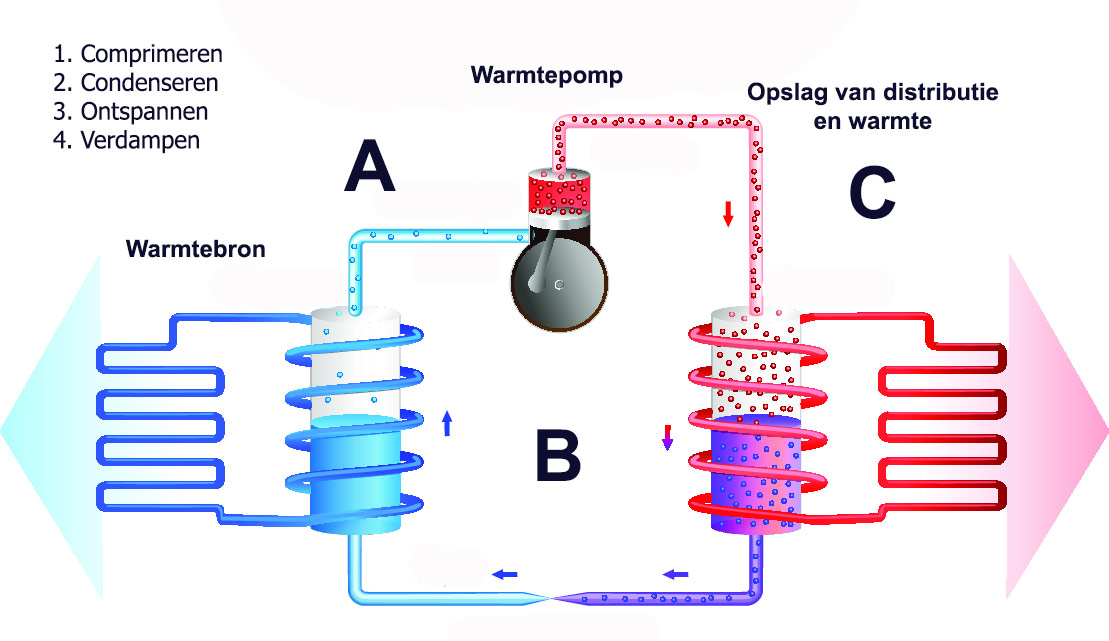
Figure 1: the operation of a heat pump
As a heat source we can use the air, water, soil. Extracting the heat is done through a heat exchanger. This heat exchanger is part of the outdoor unit (A) of the heat pump.
The pump itself consists of a closed circuit (B) filled with liquid and is connected to a heat exchanger. Through this heat exchanger, heat from the environment is transferred to the indoor system or central heating system (C). Since we are talking about little heat contained in the air, water or soil, this heat must first be compressed before it can enter the house at 35°.
Actually, this operation is similar to the operation of a refrigerator. Inside the refrigerator is a heat exchanger that extracts heat from the contents of the refrigerator. This heat is released to the environment through the metal grid at the back of the refrigerator. As you will have noticed, this one is often hot. For a "cool" explanation, you can also check out https://schooltv.nl/video/hoe-werkt-een-koelkast-een-speciaal-middel-dat-koelt/#q=koelkast.
Are heat pumps better for the environment?
In times of EPB standards, CO2-emissions, climate protests, ... one sometimes asks the question ' Is a heat pump better for the environment?'.
Yes indeed! And this in 2 areas.
First, through lower electricity consumption. With a heat pump, only the compressor will consume electricity. Not to generate heat, but only to compress and transfer it. So your consumption is lower and you will notice that on your energy bill.
Second, in terms of air pollution. A heat pump gets its heat from the environment. Unlike boilers, which get their heat from burning natural gas or fuel oil. That releases CO2, whereas a heat pump does not.
In a publication on "More comfort with less energy" by the WTCB, they talk about the "Trias Energetica."(https://www.wtcb.be/homepage/index.cfm?cat=publications&sub=bbri-contact&pag=Contact21&art=312) This roadmap is put forward as a guideline to achieve a world with increased comfort without using more finite and polluting energy sources to do so. If we apply this to heat pumps, we get:
STEP 1: Reducing energy demand.
To ensure optimal heat pump efficiency, proper insulation is required. So first and foremost, make sure your home is well insulated.
It is also important to replace the major energy consumers in the home with energy-efficient appliances with a greener energy label.
STEP 2: Use renewable energy sources whenever possible.
The installation of a heat pump can lower a home's E-level by up to 30 points. Because up to 75% of their energy is drawn from the immediate environment (air, water, soil) and only a few electrical components (such as compressor, circulation pump, fan, etc.) are going to consume energy, heat exchangers belong to the highest energy efficiency class A+++. If you really want to go all out, you can connect your heat pump to solar panels. That way, all the energy is supplied by nature. Wonderful right!
STEP 3: Covering residual consumption as efficiently as possible with finite energy resources
Do you now know what people are talking about when they talk about heat pumps? Do you understand the benefits of heat pumps? Or do you need some additional benefits such as the fact that they can also provide cooling for your home in the summer (in the case of reversible heat pumps)? Or that they can also provide domestic hot water?
Convinced? Then read on!
I choose a heat pump. Now what?
How do I choose the most suitable type of heat pump?
If you look up information about heat pumps, you will have noticed that there is no such thing as "the heat pump. There are several types on the market. The division into types is made based on the source from which heat is extracted. To help you, we list them briefly:
- Aero thermal heat pumps (use air as a source)
- Air-to-air
- Air-water
- Heat pumps that use water from ponds, rivers,...as a source
- Water-water (these are very rare)
- Geothermal heat pumps (use the ground as a source)
- Ground-water
- Horizontal heat exchanger
- Vertical heat exchanger
- Hybrid heat pumps (are supported by a boiler)
- Ground-water
A choice is best made based on the following recommendations:
- choose a heat pump with a sufficiently high COP test
- design the installation for sufficiently favorable precise values
- install any buffer tank indoors
- Size the heat pump correctly according to the building's actual heat requirements.
- take into account possible noise pollution from heat pump components.
Our product specialists will help you determine which type of heat pump is best suited for your home.
Comparing returns
As the temperature difference between the heat source (outside) and the heating system (inside) increases, the efficiency of the heat pump will decrease. As a result, the heat pump will have to use more energy to still cover the required temperature difference. And that is simply not the direction we want to go!
Figure 3: Coefficient of Performance
With a heat pump, efficiency is determined by dividing the amount of "useful" heat generated by the amount of energy that is to drive the heat pump. To make it clearer, it is referred to as the COP (= Coefficient of Performance). These COP values are usually between 3 and 5.
Because the source of heat is a natural element, the efficiency that can be obtained from a heat pump depends on environmental influences. This means that if it is cold outside in winter and you want to be nice and warm inside, your heat pump will unfortunately not run optimally. Therefore, in addition to the COP, the SFP (=Seasonal Performance Factor) was also created. The SFP takes into account all possible losses (mechanical, electrical and thermal) and is determined over an entire "heating season. For a well-designed heat pump system, this SFP value should be between 3 and 4.5. Therefore, this is the better measure for weighing heat pumps against each other.
| Heat pump type | Average SPF |
| Water-to-water heat pump | 3.9 |
| Horizontal ground/water heat pump | 4.0 |
| Vertical ground/water heat pump | 4.7 |
| DX/water heat pump | 3.2 |
| Air/water heat pump | 2.8 |
It can generally be assumed that geothermal heat pumps give the highest efficiencies and that their efficiency also remains more constant throughout all seasons.
| Heat pump type | temperature heat source | seasonal fluctuations |
profit |
| geothermal (soil) 1 m deep | 4 to 17°C | changeable | changeable |
| geothermal (soil) 5 to 7 m deep | 10 to 12°C | remains stable | high and stable |
| geothermal (groundwater) | 10 to 14°C | remains stable | high and stable |
| air | changing | changeable | changeable |
Compare prices
Of course, not only is the efficiency of the heat pump important. A consumer also likes to know how much it will cost.
For the total cost of a heat pump installation, you have the cost of purchasing the heat pump and the additional installation costs.
A guide price for purchasing a heat pump according to type can be found in the table below. It depends on the chosen brand of heat pump.
| Heat pump type | Guide price incl. installation |
| Air-to-air heat pump | €4.000 - €8.000 |
| Air-water heat pump | €7.500 - €12.500 |
| Ground - water heat pump | €13.000 - €24.000
(share installation €2,000-€4,000) |
| Water-water heat pump | €15.000 - 20.000
(share installation €5,000-€6,000) |
- Table at https://warmtepompenadvies.be/warmtepomp-prijzen/
The cost of heat pump installation also depends on the type. As you can see in the overview above, not only the purchase price but also the installation price of geothermal heat pumps is higher. This is because excavation or drilling is required.
2 ideal times to make the switch from a central heating system to a Heat Pump.
- When you have an old boiler. The older an appliance gets, the more its efficiency deteriorates and the more energy it consumes. In addition, the risk of breakdowns and leaks increases. If your boiler is older than 15 years or if it starts using 35% more energy than a new model, it's time to consider switching to a heat pump.
If you have a boiler that was installed before 1978, in some municipalities it will no longer be compatible with the so-called "rich gas" to which people will switch between 2020 and 2030. Measures have also been announced by the Flemish government to phase out the sale and use of gas and fuel oil boilers by 2021.
- When you are renovating anyway. Why not make your home more energy efficient when you may be insulating anyway and can take advantage of a renovation grant to do so. You can then immediately match the capacity of the new heat pump to the new situation.
A few more small comments in this context:
- Heat pumps work best when combined with heating systems that operate at low temperatures. An example of this is underfloor heating. Such an underfloor heating system requires only a water supply temperature of up to 35 to 45°C. The combination with traditional heating elements such as radiators is less optimal because they require supply temperatures of up to 55°C. In such cases, it is best to have the existing condition checked by a professional.
- Heat pumps work best in homes with very low energy requirements. If you install a heat pump in a poorly insulated home or one with many appliances of a poor energy rating, the benefits of a heat pump will disappear.
How does such a PLaatsing work?
A heat pump always consists of 2 parts: an indoor & an outdoor unit. The indoor unit is chosen according to its design. The outdoor unit is matched to the indoor unit and is placed against a facade or, if desired, somewhat further away. So there is not much breaking work involved.
For geothermal heat pumps, there is a little more work. For a horizontal heat exchanger, one will have to excavate and del of your yard. For vertical heat exchangers, 1 or more well boreholes must be made. You can see how that works in practice in this video: https://www.youtube.com/watch?v=QoA2_FRtB8g.
do I need to apply for permits?
Some types of heat pumps such as "geothermal" require a building application to be submitted or require notification. Whether these are required varies from municipality to municipality. To find out for your hometown, visit http://tool.smartgeotherm.be/geo/alg. If you enter your address or indicate the location on the map, you will get the necessary information at the bottom.
Do you still have questions? Please do not hesitate to contact our advisors.
We are convinced that heat pumps are the solution for the future.
Want to know more about heat pumps?
 https://energyking.be/wp-content/uploads/2021/12/rsz_1rsz_1vintage-heater-with-handle.jpg
372
558
Olivier Delgado
https://energyking.be/wp-content/uploads/2024/04/energyking-s.jpg
Olivier Delgado2021-12-31 14:49:392024-05-28 13:35:16Flemish government approves Heat Plan 2025.
https://energyking.be/wp-content/uploads/2021/12/rsz_1rsz_1vintage-heater-with-handle.jpg
372
558
Olivier Delgado
https://energyking.be/wp-content/uploads/2024/04/energyking-s.jpg
Olivier Delgado2021-12-31 14:49:392024-05-28 13:35:16Flemish government approves Heat Plan 2025.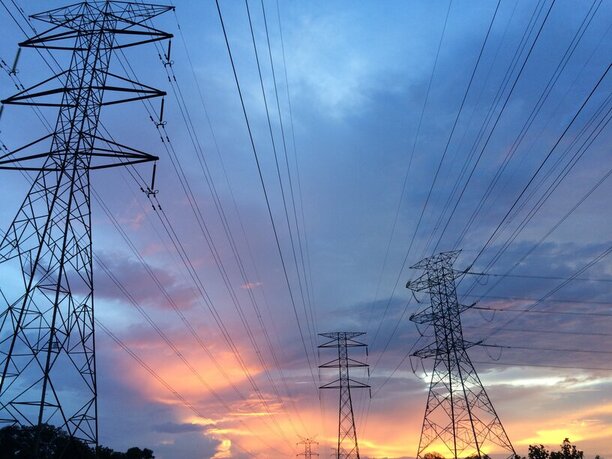
Capacity tariff, what is it and what impact does it have on your energy bill.
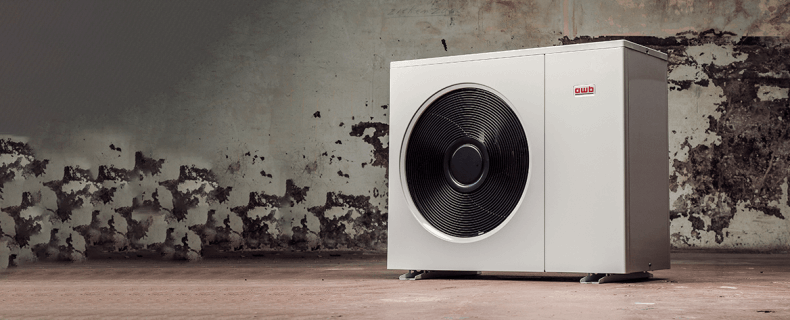
What do I need to know about a heat pump?
Convinced? Contact us today!
This is what our customers say
We are currently renovating an old farmhouse because that was always our dream. We want an old house, but with modern comforts. EnergyKing took care of the energy and proposed a plan with what we can do immediately (and what we can do eventually) to pay as little as possible on energy. The heat pump is already in place, soon the rest!

Dries from Kontich
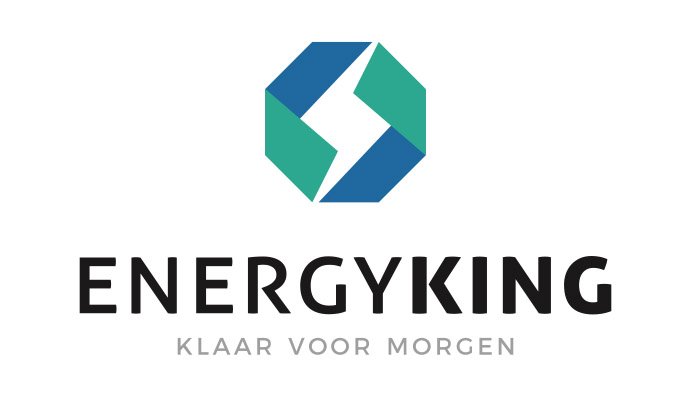
Looking for a new challenge? Want to be part of a growing company with a cool team? Check out our vacancies here
Mechelsesteenweg 676
3020 Herent (Leuven)
+32 16 41 62 10
info@energyking.be
VAT number: BE0806.516.101
Chamber of Commerce number: RPR Leuven
Ondernemingsnummer: BE0806.516.101
Account number: BE92 3630 2997 1323
IBAN: BBRUBEBB
RESCERT number Energyking: 03559


